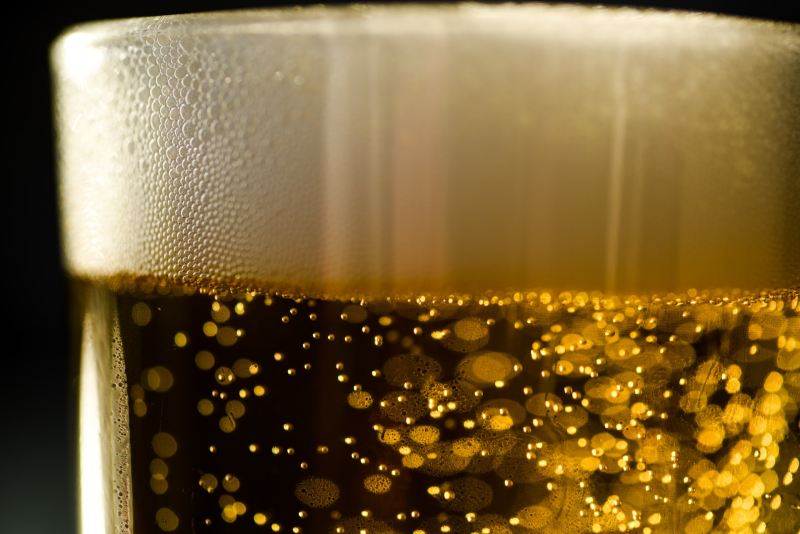Mixology is all about being adventurous. It’s what birthed amazing drinks like the Corpse Reviver cocktail and why we run into unexpected refreshers like cocktails made from Marsala. Simply put, trial and error can get you to some really tasty new frontiers.
For most, a good beer is considered something you enjoy on its own, preferably in a proper pint glass. Well, there’s some truth to that, but it sounds a little stuck in tradition to us. After all, there are so many beers out there, from light and refreshing lagers to winter-ready stouts (shoot, there are even smoothie sour beers). Beer can be enjoyed neat but it can also be mixed into some delicious, suds-based concoctions.
Yes, beer cocktails exist and they’re particularly tasty while it’s hot outside. If you’re gonna mix with beer, here are a few recommendations.
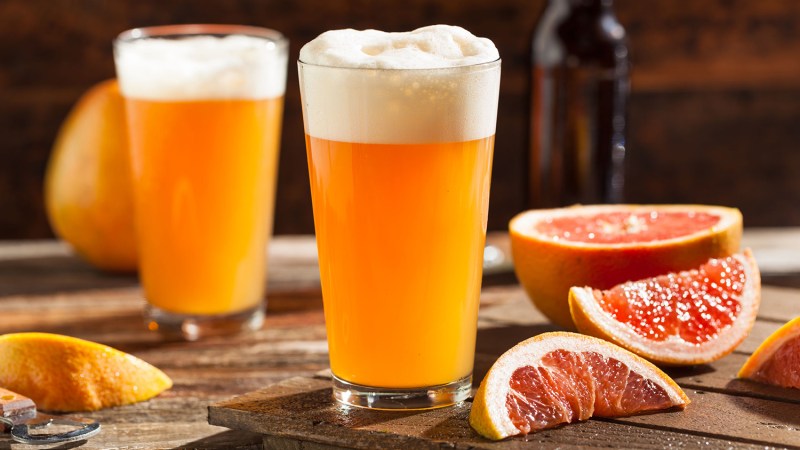
Juice (or soda)
Shandy
In 2007, Wisconsin’s Leinenkugel Brewing Co. released Summer Shandy, a mixture of lemonade and traditional German Weiss beer. Both the beer and the style became hit a across the U.S. — nine in 10 shandies sold in America are Leinenkugel, and the brewery has since released orange, grapefruit, and berry varieties.
You can experiment with shandies — or radlers, as they became known as in Germany — at home by mixing lemonade, limeade, or lemon-lime soda to give your brew a sour punch. Wheat beers and saisons meld well with the lemon- and lime-forward
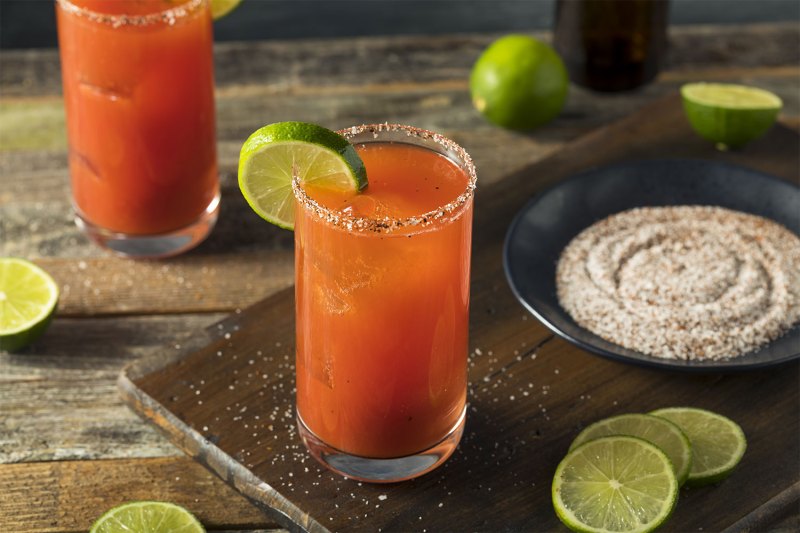
Bloody Mary mix
Michelada
Love a Bloody Mary? A Michelada is a good way to start off a morning at the lake house. Simply mix a bottle or can of your beer of choice with the desired amount of tomato juice or Bloody Mary mix and doctor it up however you would a cocktail — add some hot sauce, a pickle, loads of lime juice, whatever! Salt the rim as you please.
Most light beers will work — Anheuser Busch and Modelo even make canned versions — but Micheladas are usually made with Mexican lagers, like Modelo or Corona. A ‘chelada subtracts the tomato juice, focusing on lime juice and spices.
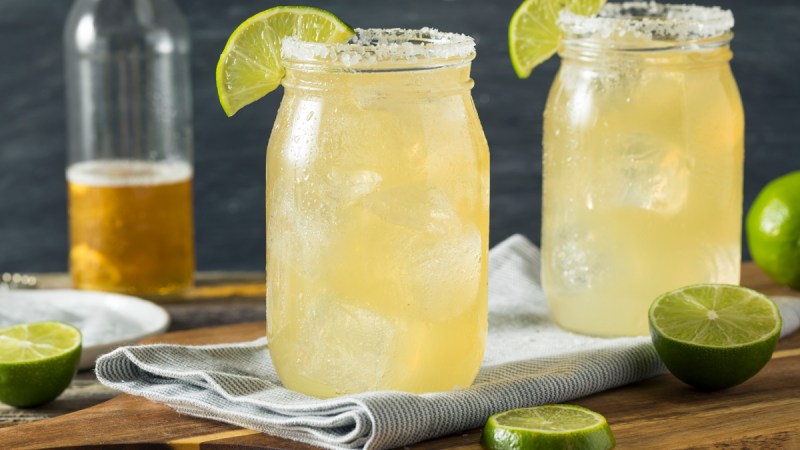
Margarita mix
Beergarita
To really amp up the beer and the party, combine beer and a refreshing margarita cocktail. A bottle — again, preferably a Mexican lager — can be profitably tipped into a glass of margarita. If you’re serving more than one, make a pitcher by blending the beer with the tequila and margarita mix or limeade. Not a fan of tequila or don’t need the strength? Go ahead and subtract the liquor.
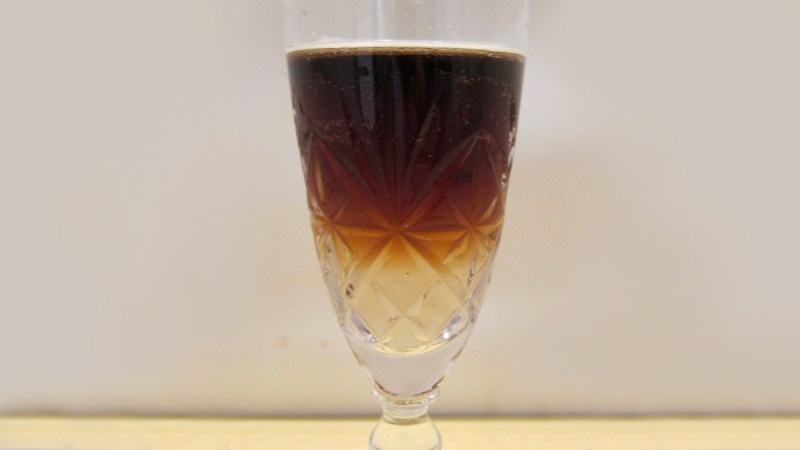
Champagne
Black Velvet
Adding a bit of sparkle to a beer can make it even more refreshing. The Black Velvet is traditionally made with Champagne and a stout, so if there are some extra heavy beers lying around in the fridge that need to be lightened up for the warm weather, this is a great way to do it. Of course, a bit of dry sparkling wine can add a nice touch of refreshment and effervescence to any style of beer.
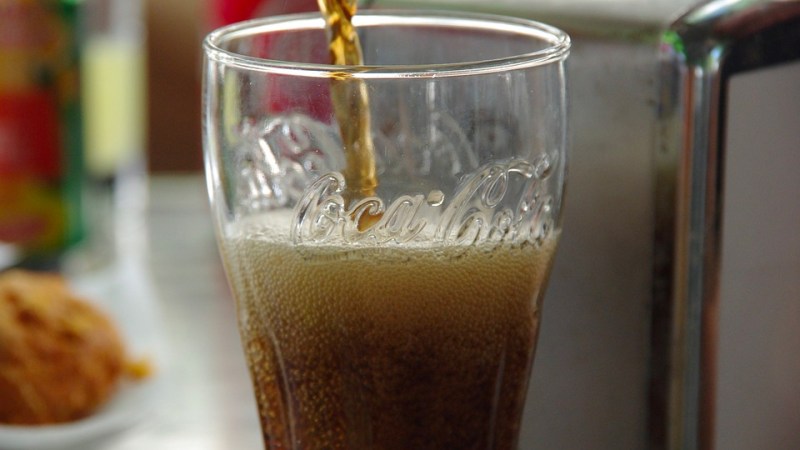
Coca-Cola
Colabier
Putting anything with beer can make some brew enthusiasts shake their heads, but Coca-Cola might be one of the weirder suggestions. It’s a trendy mixture in Germany, where it is called Colabier.
Again, as with all beer cocktails, different amounts will lead to different results. A 50/50 mixture of beer and Coke will be extremely sweet, so suggest a ratio that uses less soda. As for the beer, keep it simple and not hoppy — try light lagers or caramel-like brown and tasty amber ales.
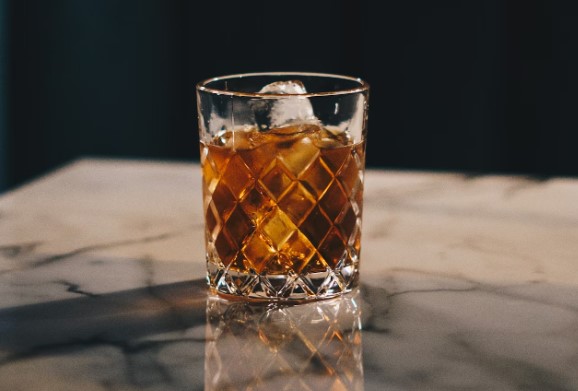
Whiskey
Boilermaker
Mixing these two
The two alcohols work well together with their nutty undertones. With a 50/50 mixture, meaning one pitcher of beer and one shot of whiskey, you have yourself a Boilermaker. You can change up the beer and whiskey you choose, such an IPA and an Irish whiskey or a light lager with a bourbon.
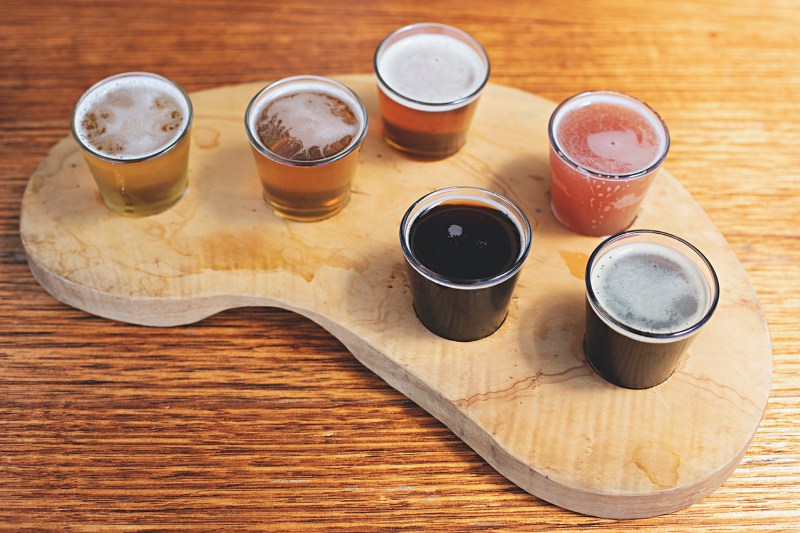
Other beers
Black and Tan
That’s right, mix your beer with other beers. It’s the reasoning behind the rather famous Black and Tan, a British blend of one part pale ale, one part stout or porter. In Ireland, it’s simply called a half-and-half, and it’s not only a tasty drink, but looks cool in the glass, especially if you later the darker beer on top (pour it over the back of a bar spoon to get a proper fade).
But don’t stop there. Try mixing some of your favorite sour beers with hoppy options like IPAs. Think about complementary flavors, like chocolate and berries, and use your imagination. A nice stout can do fine split evenly with a huckleberry or raspberry wheat ale.
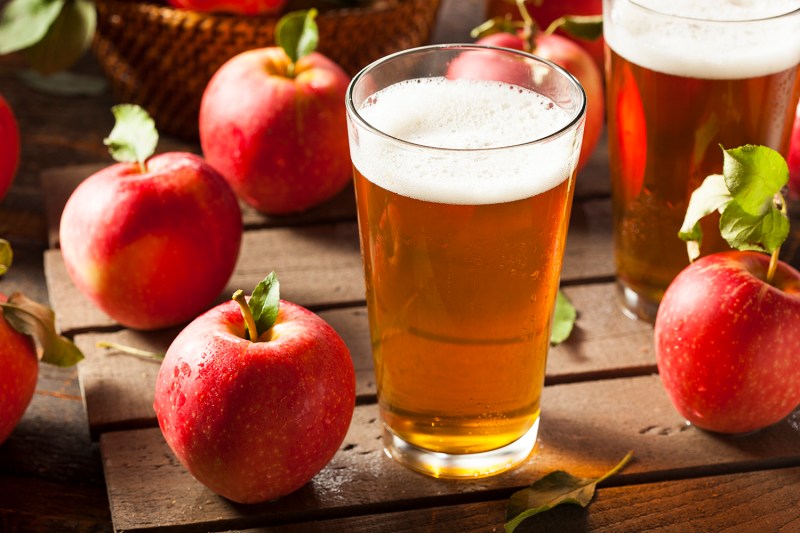
Hard cider
Hard cider is a natural choice when mixing with beer, as it can add some welcomed fruity tones and sweetness. We suggest keeping things dry and using a lighter beer, like a pale ale or lager, as the base. Try mixing with different apple varieties to see what you like the most and don’t shy away from fruit-infused hard ciders if you’d like an extra layer of flavor in there, such as pear or pineapple. A good hoppy beer like an
Now you know, and that’s just part of the adventure. Mixing with beer can lead to some real refreshment. So start whipping some up, and don’t overlook beer as the backbone of your next favorite beverage.
